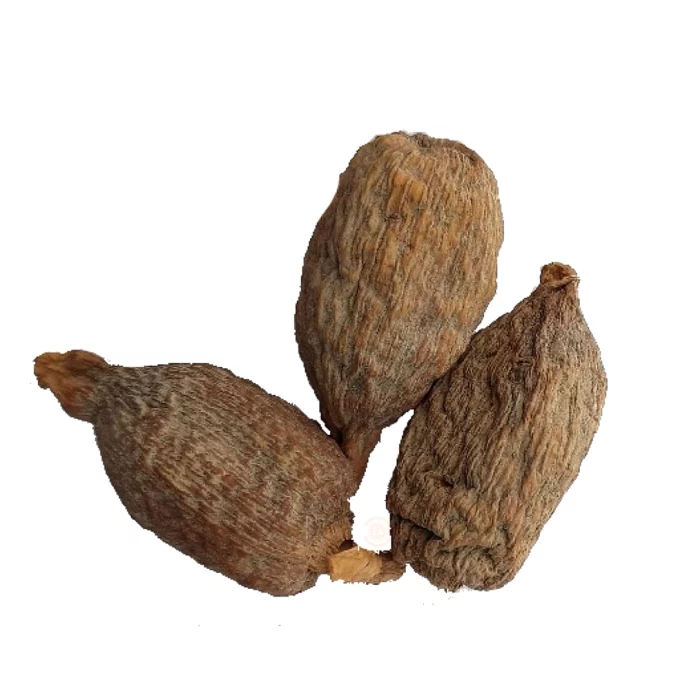Case Study 1: Olu, 34
Olu is a 34-year-old man who was diagnosed with hyperprolactinemia, a condition characterized by high levels of prolactin in the blood. He was experiencing symptoms such as erectile dysfunction, low libido, and infertility, which are common symptoms of high prolactin levels.
Olu started taking alligator pepper supplements after reading about their potential benefits for reducing prolactin levels. After taking alligator pepper supplements for several weeks, He also noticed an improvement in his symptoms. His libido increased, and he was able to achieve and maintain an erection. After several months of taking alligator pepper supplements, Olu’s prolactin levels had decreased to within normal range, and he and his partner were able to conceive a child.
Case Study 2: Adesuwa, 28
Adesuwa is a 28-year-old woman who was diagnosed with hyperprolactinemia. She was experiencing irregular periods, milk discharge from her nipples, and infertility, which are common symptoms of high prolactin levels.
Adesuwa started incorporating alligator pepper into her diet by adding it to her meals and drinking alligator pepper tea. After several months of incorporating alligator pepper into her diet, Adesuwa also noticed an improvement in her symptoms. Her periods became more regular, and the milk discharge from her nipples stopped. She also became pregnant after trying to conceive for over a year.
Case Study 3: Adebayo, 42
Adebayo is a 42-year-old man who was diagnosed with hyperprolactinemia. He was experiencing symptoms such as erectile dysfunction, low libido, and fatigue, which are common symptoms of high prolactin levels.
Adebayo started incorporating alligator pepper into his diet by adding it to his meals and taking alligator pepper supplements. After several weeks of incorporating alligator pepper into his diet, Adebayo noticed an improvement in his symptoms. His libido increased, and he was able to achieve and maintain an erection. He also noticed an increase in energy and a decrease in fatigue.
Case Study 4: Tunde, 31
Tunde is a 31-year-old man who was diagnosed with hyperprolactinemia. He was experiencing symptoms such as infertility and decreased semen volume, which are common symptoms of high prolactin levels.
Tunde started taking alligator pepper supplements after reading about their potential benefits for reducing prolactin levels. After taking alligator pepper supplements for several months, Tunde also noticed an improvement in his symptoms. His semen volume increased, and he and his partner were able to conceive a child.
These case studies suggest that alligator pepper may be an effective natural remedy for managing high prolactin levels. While scientific studies on the effectiveness of alligator pepper for reducing prolactin levels are limited, these case studies provide anecdotal evidence of the potential benefits of alligator pepper for reducing prolactin levels and improving symptoms associated with hyperprolactinemia.
Related Posts
- Combining Alligator Pepper with Other Natural Remedies to Reduce Prolactin Levels
- 10 Common Foods that are Difficult to Digest
It is important to note that alligator pepper should not be used as a substitute for medical treatment for hyperprolactinemia. If you are also experiencing symptoms of high prolactin levels, it is important to speak with a healthcare provider to determine the underlying cause and appropriate treatment plan.
